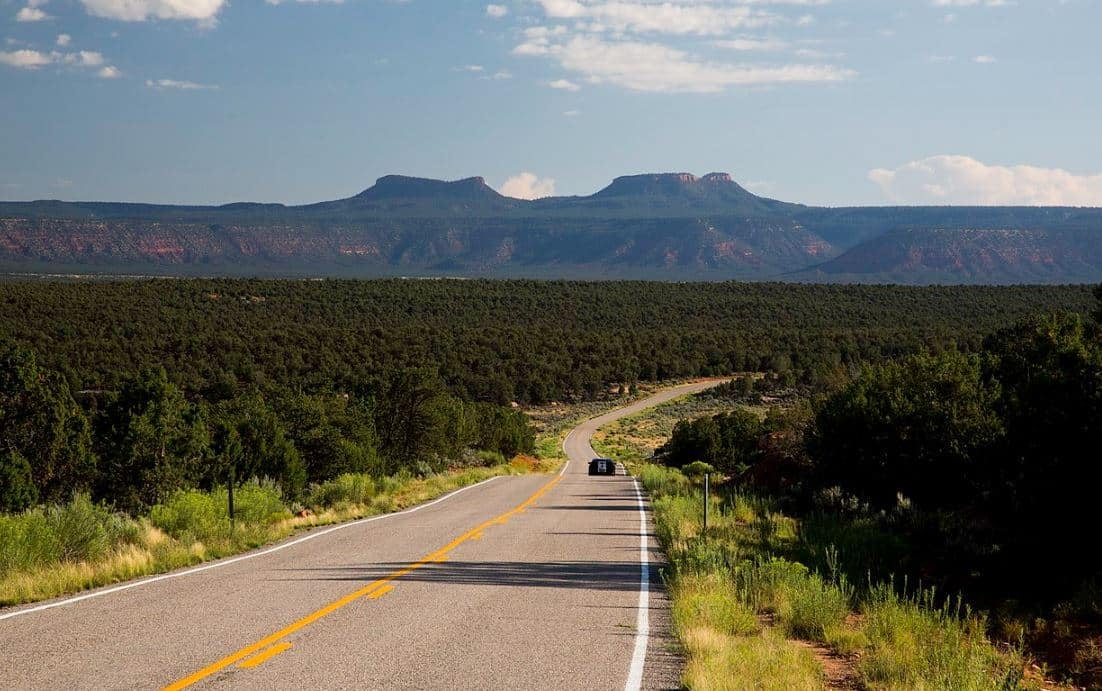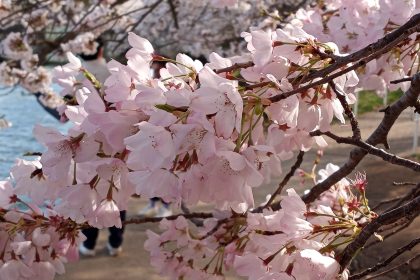Utah Tries to Block Biden From Restoring 2M Acres of National Monuments

SALT LAKE CITY — Utah’s attorney general filed a lawsuit last week to roll back President Joe Biden’s order that restores land and protections for two national monuments in the state.
Former President Donald Trump slashed 2 million acres from the Bears Ears and Grand Staircase-Escalante national monuments to make the land accessible to private development.
Biden’s order invoked the 1906 Antiquities Act to restore the original boundaries. His order keeps the land as public property to be used for recreation and conservation.
The state lawsuit argues that too many visitors to the monuments would do more damage than allowing limited private development, such as for cattle grazing or oil and gas drilling. It says the area is too large for the state or federal government to manage effectively without private assistance.
State officials are seeking an injunction against Biden’s order in U.S. District Court in Salt Lake City.
“President Biden’s proclamations exceed his authority by reserving more land than is necessary to the proper care and management of any qualifying landmarks, structures, or objects,” the lawsuit says.
With a combined area of 3.2 million acres, the monuments in southeastern Utah are roughly twice the size of Biden’s home state of Delaware.
The Antiquities Act he invoked authorizes presidents to designate land as monuments or national parks to protect historic landmarks, structures and “other objects of historic or scientific interest.”
President Barack Obama set aside Bears Ears as a national monument for the first time in 2016. Trump largely reversed his decision 11 months later after saying the land still could be preserved even while it is being used for economic benefit.
Trump’s 85% reduction in the size of Bears Ears opened the land for oil and gas drilling as well as extraction of uranium by a mining company. The monument is named for two tall buttes that resemble a bear’s head looking over a ridge.
Political momentum for Biden’s order was helped by pleas from the Navajo and four other Native American tribes that consider the monument land sacred.
The lawsuit filed by Utah Attorney General Sean Reyes says Biden violated the laws and policies he thought he was advancing.
“Congress strictly limited the amount of land the president can reserve,” the lawsuit says. “Under the act’s plain text, the president’s power is limited to reserving only the ‘smallest area compatible with the proper care and management’ of the qualifying landmark, structure, or object.”
It also implied Biden was naive.
The designation as national monuments brings “greater visitation and potential damage to every item enumerated in the proclamations because they turn a previously remote, quiet, and unvisited region into a tourist magnet, where visitors trample on or corrode or vandalize these items, litterers harm them, and federal agents prevent traditional stewards from taking care of them.”
The result could be “irreparable resource damage and desecration,” the lawsuit says.
Regardless of state officials’ objections, the U.S. Bureau of Land Management is proceeding with planning on how to manage the restored Bears Ears National Monument.
On Wednesday, the agency, along with the Forest Service, published a notice on its website saying it is seeking public input on the land management.
“This new management planning process provides an opportunity to learn from our past planning efforts and ensure the 1.36 million acres of public lands in the monument receive the proper protections,” the notice said. “The new presidential proclamation provides a framework for managing the monument, but the public can help us determine the best way to implement it.”
One part of administering Bears Ears already has been resolved after the Bureau of Land Management signed an agreement in June that will give five Native American tribes control over day-to-day operations.
The five tribes — the Hopi Tribe, the Navajo Nation, the Ute Mountain Ute Tribe, the Ute Indian Tribe of the Uintah and Ouray Reservation, and the Pueblo of Zuni — have inhabited the area for centuries.
“Today, instead of being removed from a landscape to make way for a public park, we are being invited back to our ancestral homelands to help repair them and plan for a resilient future,” Carleton Bowekaty, co-chair of the Bears Ears Commission and lieutenant governor of the Pueblo of Zuni, said in a statement.
Tom can be reached at [email protected] and @TomRamstack

























